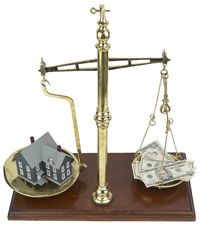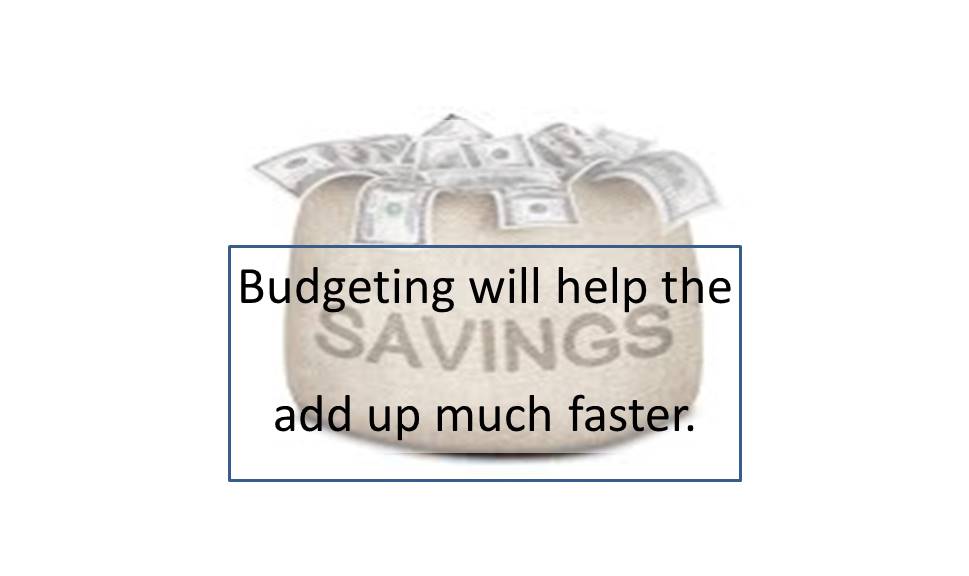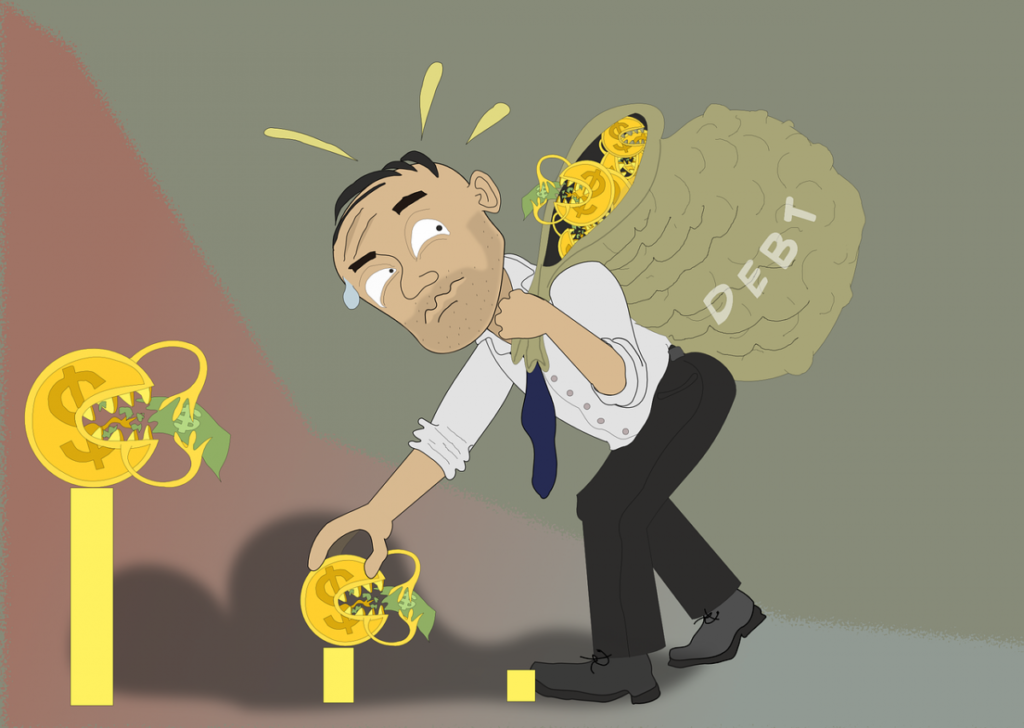Financial Management-How Do You Rate? Do you find that keeping control of your finances is becoming increasingly difficult? If so, then please read on in this Financial Management- How Do You Rate post, hopefully, it will help you with better management. Post update – 8-20-23
In today’s society, advertisements bombard everyone with offers, which encourages you to spend more money. Credit card companies also advertise so that you get just one more card to add to your already five.
Offers Included With promises such as-
“Easy Credit!”
“Pre-approved loans!”
“3 years interest-free credit!”
“Free gift when you apply!”
“Credit card without annual membership fees!”
How does this affect you?
To most people, this can all seem rather tempting, given the current “live for today” attitude. Too much can be spent on luxuries, leaving not enough to pay the bills and pay off extra debt.
Certain kinds of debt may be appropriate, such as a mortgage or a car. Many people, however, try to buy more than they can afford. Indeed, banks and businesses encourage everyone to do so. The aforementioned is a fact, and one must think twice before signing up for further debt.
Credit Card debt gets higher and your cash flow gets lower
Credit cards can be too easy to obtain yet too difficult to maintain, especially when people find themselves borrowing from one card to pay off another. It is too easy to pull out a card instead of paying cash. It is possible the cash is lacking. It can be, and then it gets a person into too much credit card debt.
Credit can often be advertised as being free – but you still have to pay in the end.
Many families are paying 4 or 5 cards for each adult member; resulting in a drop in their cash flow, and future standard of living. Families often live from payday to payday with little or no savings for emergencies.
In America, personal bankruptcies have doubled in the last 10 years. Most of these people had jobs yet unexpected bills or reductions in pay and too much credit caused their bankruptcy.
Time to look at the possibility of lowering your credit card debt.
Is there a recession looming?
Some economists agree that a global recession is on its way. However, not all agree with this speculation. As you know, when interest rates are low, usually the economy is usually weak. Low-interest rates affect how people spend more of their money. The more the consumer spends, the more the economy grows. When interest rates are high, people tend to save more of their money.
Per Financial Review, the final figures for 2018 are expected to be the strongest growth since before the 2008 crisis. Yes, global stocks suffered their worst year since 2008.
They also state that top financial institutions, such as IMF and OECD, predicted only moderating growth in the coming years but the Treasury yield curve is on the brink of a dreaded inversion-the market’s favorite recession indicator.
The indicator with the above predictions; be ready should it happen.
The statistics for debt
American families have over 130 billion in personal debt. It is estimated that, on average, there is 3,000 of debt from credit cards, loans, and overdrafts for every adult in the country – and that is excluding mortgages.
The amount borrowed from credit cards has more than doubled in the past 4 years.
Debt is fine if you can afford the repayments. But what if you lost your job?
The time to get out of debt is now!
One major benefit of getting out of debt is avoiding interest payments. For instance; if you owe $1,000 on a credit card with an interest rate of 18.9% per year, and you only pay the minimum, say
$36 per month, it would take you 36 months to pay off this account and the interest would be $317.00
But if you double your payments to $72 per month, the debt will be gone in 16 months with the interest of $137. Then if you paid $100 per month, you could pay this off in 11 months with interest of only $96.00.
Simply, the more you pay on your credit cards, the sooner you get out of debt….the sooner your cash flow becomes healthier.
Refinancing your mortgage
Savings can be gained by refinancing your mortgages, however, there is a lot to consider with this process. Should you decide to refinance your mortgage know your options and the final results.
If you can lower your interest rate or the term of the loan, it can benefit you. However, if you cannot pay the required closing cost out of pocket; it can be a disadvantage. Why? You must add the closing cost to your principal balance and therefore your mortgage balance is higher than before. This could result in a higher mortgage payment.
Alternatively, you might decide to pay a larger amount to the principal of the loan which will help you pay it off earlier. No more closing costs are added to your mortgage but gives the same results as a refinance unless you want to receive cash out.
If you are trying to get a cash-out that may not be the safest way to go either, unless you are getting a lower rate, term, and payment. Accomplishing all three of these results may be difficult.
But make sure your mortgage is flexible; i.e. no prepayment penalty so that you can pay more payment or lump sum if you do have spare money.
Bank Loans – personal – secured loans
Bank loans – and/or installment loans can be trickier to pay off, as there may be penalties for early repayment. Just stick to the repayments and make sure that you don’t get tempted into any more debt. Remember that covetousness (i.e. desiring what we see) = debt! This is because we often get into debt over what we want, not what we need.
There are warning signs to indicate whether you are heading for financial difficulties. Look at the following list of 10 signals. If any one of these applies to you then it’s time to take a closer look at your budget. If more than one applies then you could already be in financial difficulty.
•Using a credit card for purchases that you normally pay for with cash.
•Taking out loans to pay off debts.
•Paying only minimum amounts due on credit cards.
•Receiving “overdue” notices.
•Using savings to pay bills.
• Cashing in or borrowing from, life insurance policies.
•Working overtime to make ends meet.
•Using your overdraught to pay bills
•Juggling debts and only paying the most demanding.
•Obtaining credit card cash advances for day-to-day living expenses.
If you’re seriously worried about your Financial Management Skills…
- Be conscious of your spending habits.
- Stop spending on all of the unnecessary things you buy each month.
- Think about what you would do if the money was not available.
- Try being more frugal. Being frugal does not mean cheap, it, in fact, means you are conservative and conscious of having sufficient cash flow for something needed.
- Choose a balance you prefer to have left after all expenses in your checking account. Do not go below it.
- Discuss a day, week, or month that you treat your family to something special. Mark it on a calendar, and have fun.
- Get over exclusively buying brand names. Read the labels, read the reviews, and try out an alternative to see if it works.
- Most importantly, keeping up with the neighbors is not a good policy. While they are splurging, you can be saving, and then compare your bottom lines.
Debt is in control – start Saving!
Once your debt is under control, you need to think about savings. Most employers will allow you to deposit an amount of your paycheck into different accounts. Or, you can simply transfer the amount you desire to save pronto when your deposit is in.
Never leave money on the table from your job. Join the 401K program if you haven’t already. Their contribution is added salary and will be there for you with interest added on with the right investments.
Summary -what to remember …money and you
Always remember never to get into debt over things that have no long-term impact on your life. For instance, do you really need an upgrade on your computer? Is a new DVD player really such a necessity? And what about a second car? Is it really essential or just an expensive convenience?
Don’t forget to also take a close look at the small things in life. For example, do you really need to go and have a cappuccino every time you pass a coffee shop? And packing a sandwich for work instead of buying one can save you $$$$ each month.
**See this article about what a guy did when he was in school. How to Save Money
But by far the most important thing to do when it comes to personal finance and financial management keep a constant check on what is going out. Don’t wait for your bank statement to scare you next time it comes through your mail or email. It is wise to remember the old saying that an ounce of prevention is worth a pound of cure.



